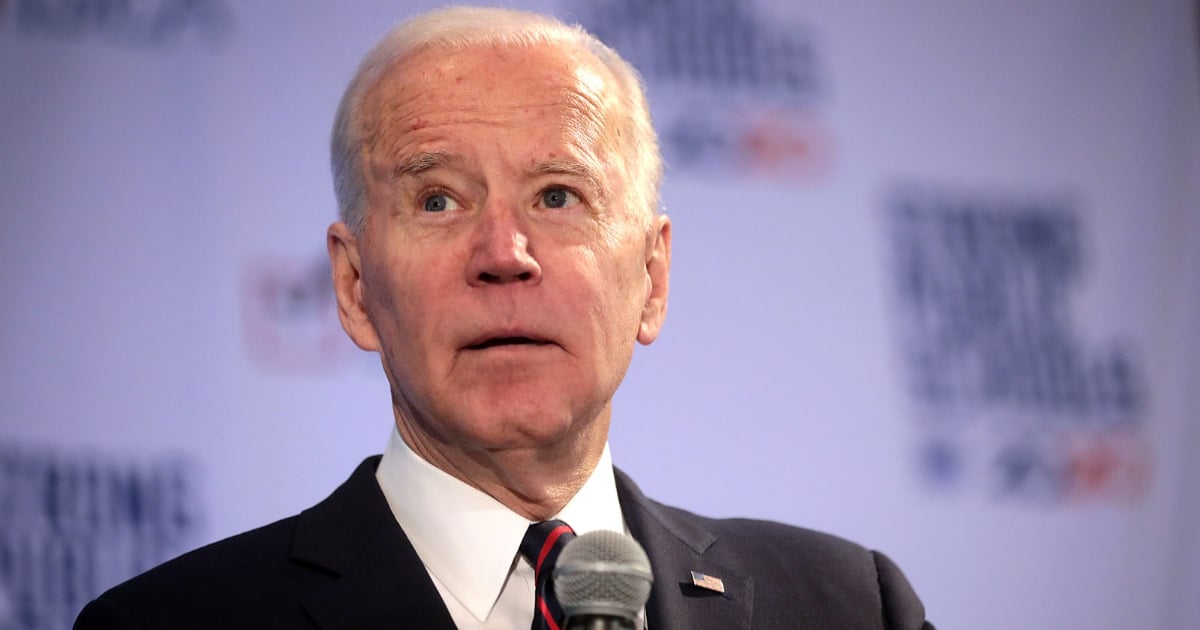
Related videos:
The administration of the President of the United States, Joe Biden, announced this Tuesday that Cuba was being removed from the list of state sponsors of terrorism and that it was suspending Title III of the Helms-Burton Act, following the mediation of the Catholic Church, in an agreement that includes the release of a "significant number of political prisoners" on the island.
According to Martí Noticias, a high-ranking U.S. official stated that this was a unilateral decision that involved a promise from the Havana regime to the Catholic Church to release political prisoners.
According to the source, an announcement regarding the release of a "significant number of political prisoners" is expected soon, and it added that the Vatican played an important mediating role.
It is worth mentioning that in December, the U.S. announced that it still classified Cuba as a state sponsor of terrorism in its 2023 report. However, the story has just taken a 180-degree turn just a few days before the return to the White House of Donald Trump.
Biden will also eliminate the so-called "restricted list," a list of entities in Cuba subject to prohibitions on certain financial transactions due to their connections to human rights violations committed by the Cuban military.
The U.S. and political prisoners in Cuba
As it does every December 10th, the day that celebrates Human Rights Day, the government of the United States demanded that the Cuban regime release political prisoners.
Brian Nichols, Under Secretary of State for Western Hemisphere Affairs, recalled on his Twitter account that nearly 1,000 prisoners are unjustly detained in the Island's jails, of which about 700 are participants in the peaceful protests of July 11, 2021.
Sentences to silence the truth
Just a few hours ago, young Cubans Félix Daniel Pérez Ruiz and Cristhian de Jesús Peña Aguilera were sentenced to five and four years in prison, respectively, for a Facebook post in which they expressed their disagreement with the regime of Miguel Díaz-Canel.
According to the Cuban Observatory of Human Rights (OCDH), the Chamber of Crimes Against State Security of the Provincial Court of Santiago de Cuba sentenced them for "propaganda against the constitutional order" in a trial that included judges Yoendris Rosabal Jerez, Angélica Maurelo Carbonel, and Eilen Labrada Núñez, as well as prosecutor Adan Vicente Santos Santos. The court acquitted other defendants.
Frequently Asked Questions about the Lifting of Sanctions on Cuba by the Biden Administration
Why did the United States remove Cuba from the list of state sponsors of terrorism?
The decision to remove Cuba from the list of state sponsors of terrorism was made as part of an agreement mediated by the Catholic Church, which includes the release of a "significant number of political prisoners" on the island. This move represents a significant shift in the United States' sanctions policy toward Cuba.
What measures has Biden taken towards the Cuban regime besides lifting sanctions?
In addition to removing Cuba from the list of state sponsors of terrorism, Biden also suspended Title III of the Helms-Burton Act and eliminated the "restricted list" of Cuban entities subject to financial transaction prohibitions. These actions reflect an effort to ease some of the economic restrictions imposed on the Cuban regime.
What role did the Catholic Church play in the agreement between the United States and Cuba?
The Catholic Church acted as a mediator in the agreement for the release of political prisoners in Cuba, which allowed the Biden administration to lift the sanctions. The Vatican played a significant role in facilitating this understanding between the two countries.
How has Senator Rick Scott reacted to Biden's decision on Cuba?
The senator Rick Scott harshly criticized Biden's decision to remove Cuba from the list of state sponsors of terrorism, calling it "ignorant" and "dangerous." Scott believes that the measure strengthens the Cuban communist regime and poses a threat to the national security of the United States.
Filed under: